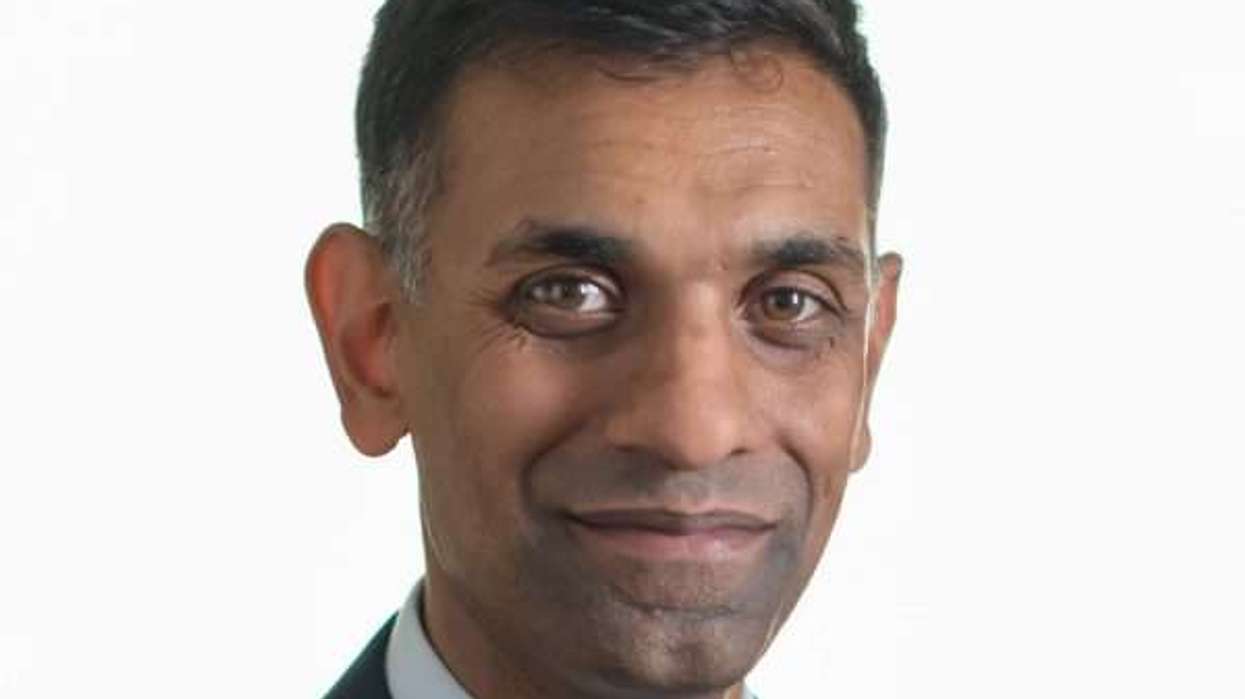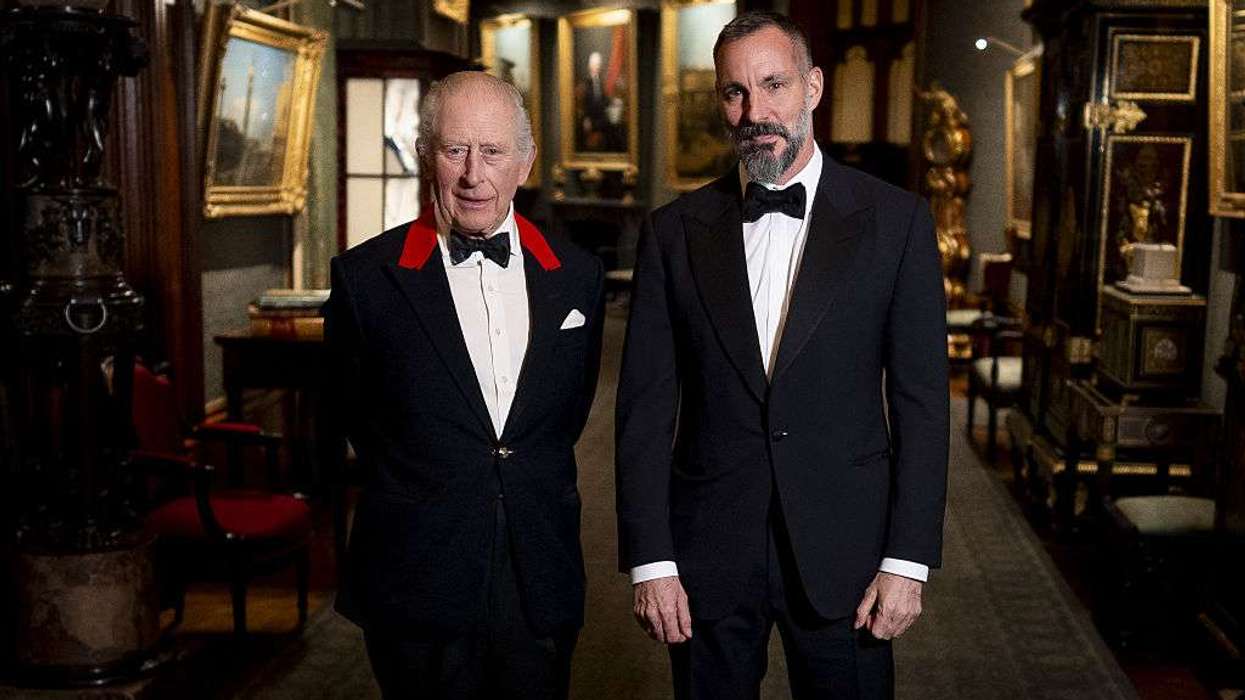OXFORD historian Manikarnika Dutta, 37, is facing deportation from the UK after the Home Office ruled that she had spent too many days outside the country conducting research in India.
Dutta, who studied archives in Indian cities as part of her work at the University of Oxford, exceeded the permitted absence limit for those applying for indefinite leave to remain (ILR), The Guardian reported.
Home Office rules state that ILR applicants who have lived in the UK for over 10 years can be abroad for a maximum of 548 days during that period. Dutta was away for 691 days.
Her application was also rejected on the grounds that she does not have a family life in the UK, despite being married for over a decade and living with her husband, Dr Souvik Naha, a senior lecturer at the University of Glasgow.
Dutta, now an assistant professor at University College Dublin, first arrived in the UK in 2012 on a student visa. Her lawyer, Naga Kandiah, said her research trips were essential for her academic work and visa requirements.
In October 2023, she applied for ILR, but while her husband’s application was approved, hers was refused. A review upheld the decision, stating she must leave the UK or face a re-entry ban, The Guardian reported.
Kandiah has launched a legal challenge, and the Home Office has agreed to reconsider the case within three months, though the decision may remain unchanged.
A Home Office spokesperson said it does not routinely comment on individual cases.





